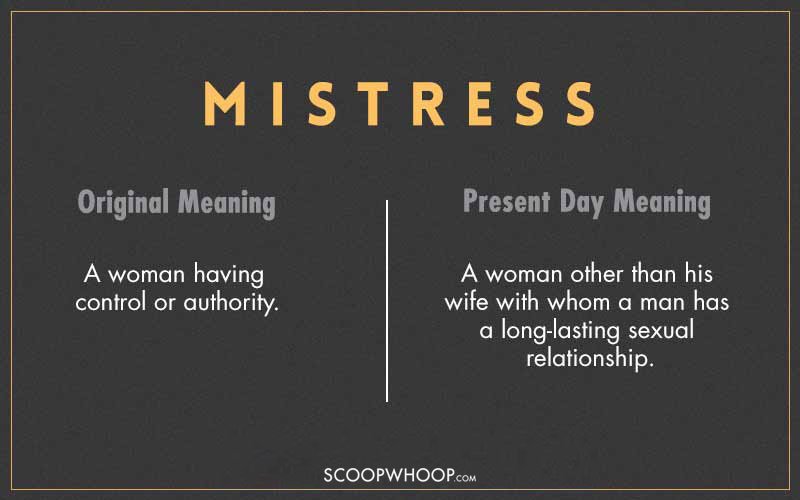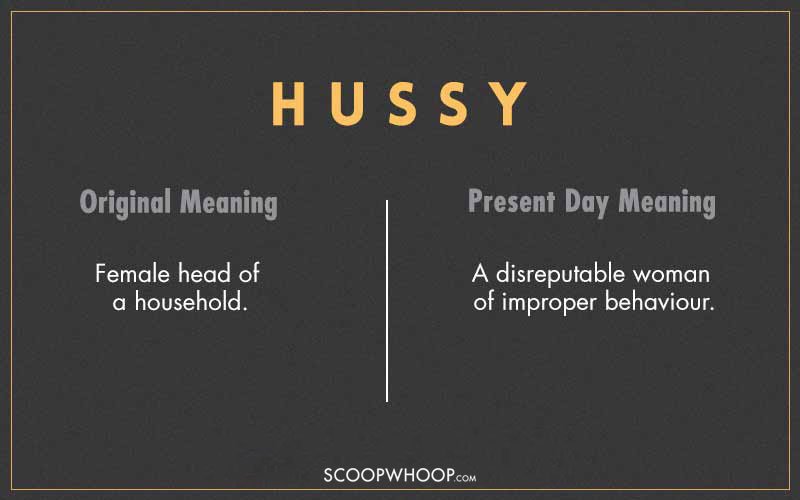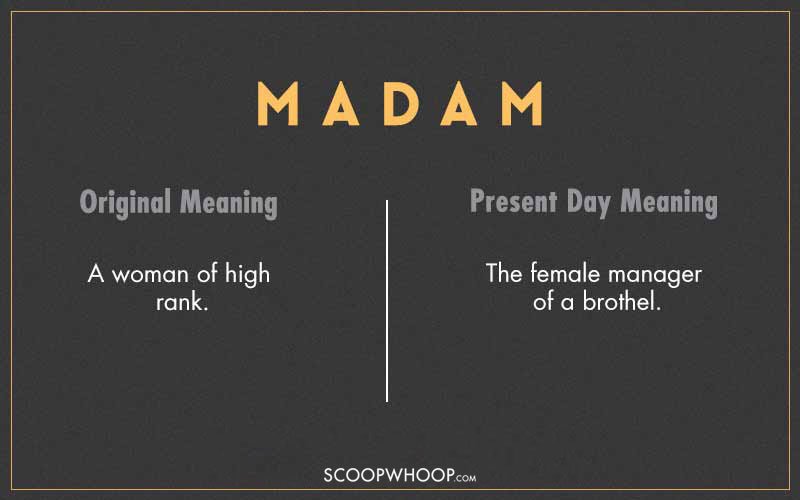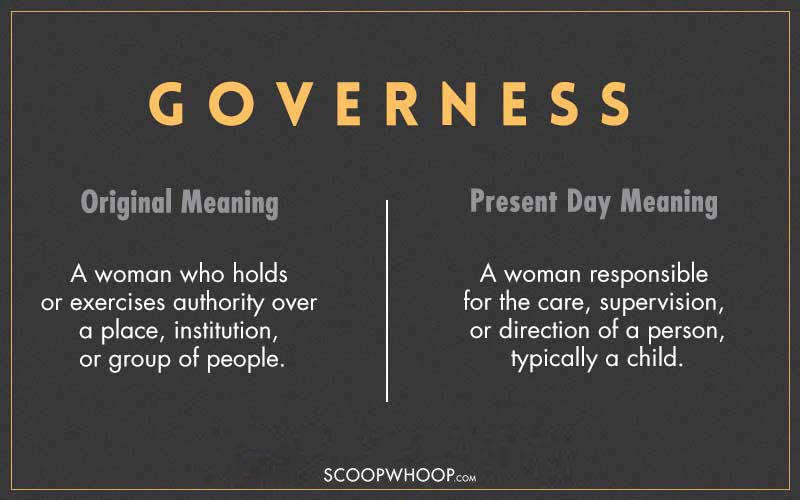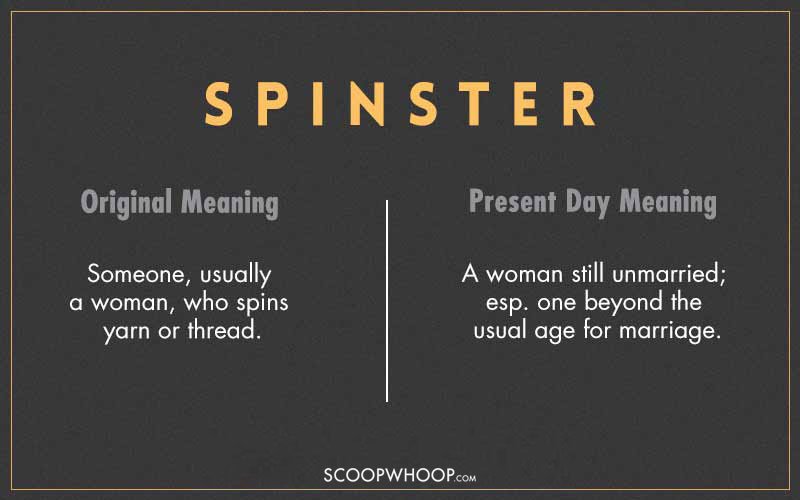That English is a pretty sexist language is not news. “Mankind,” “man-made,” “early man,” are all terms that we use, often without seeing the not-so-subtle sexism behind them. When words like “doctor,” “engineer,” or “lawyer” are used, they’re invariably accompanied by masculine personal pronouns, while words like “housekeeper,” “nurse,” and “babysitter” are seen with feminine personal pronouns. And then there are words like “maid” that have no real masculine counterpart.
Recently, anthropologist Michael Oman-Reagan took to Twitter to point out some alarming instances of insidious sexism in none other than the Oxford dictionary.
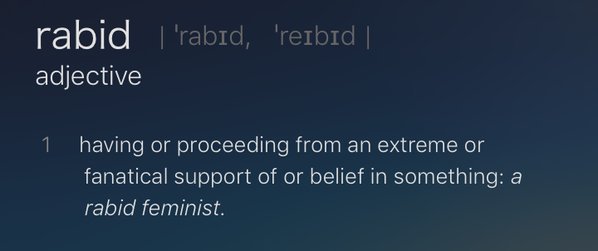
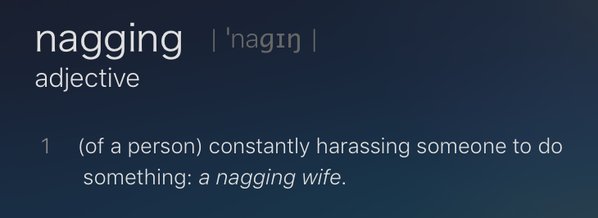
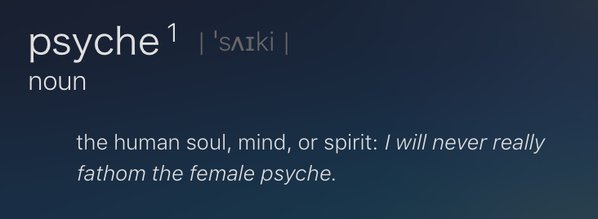
The Guardian took this opportunity to talk about another disturbing trend in the evolution of the English language over the centuries. Certain words concerning women, no matter how neutral at their inception, tended to become pejorative over the centuries, until a point where their original meaning was lost, and their present day meaning, no matter how reductive or insulting, became the widely accepted one.
